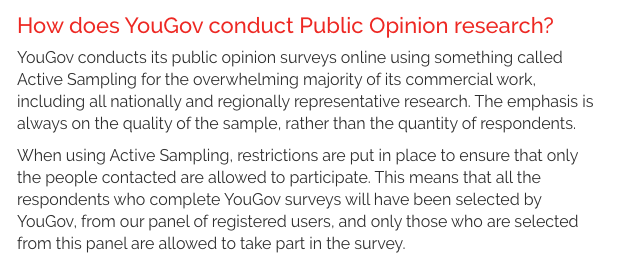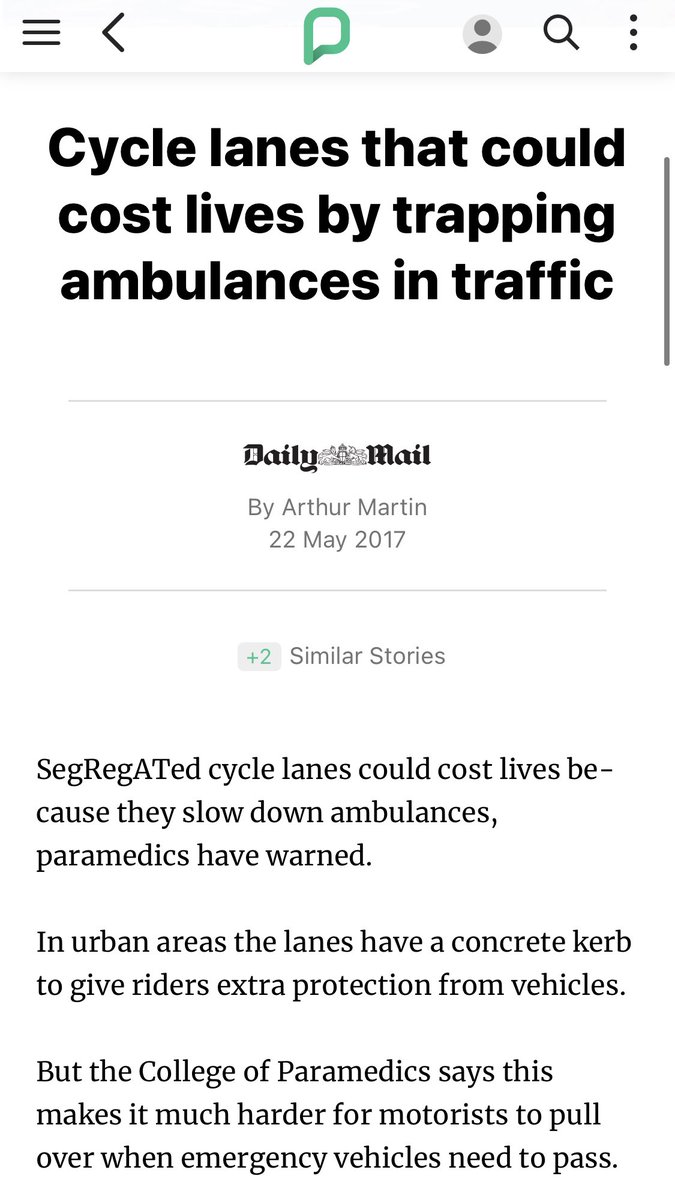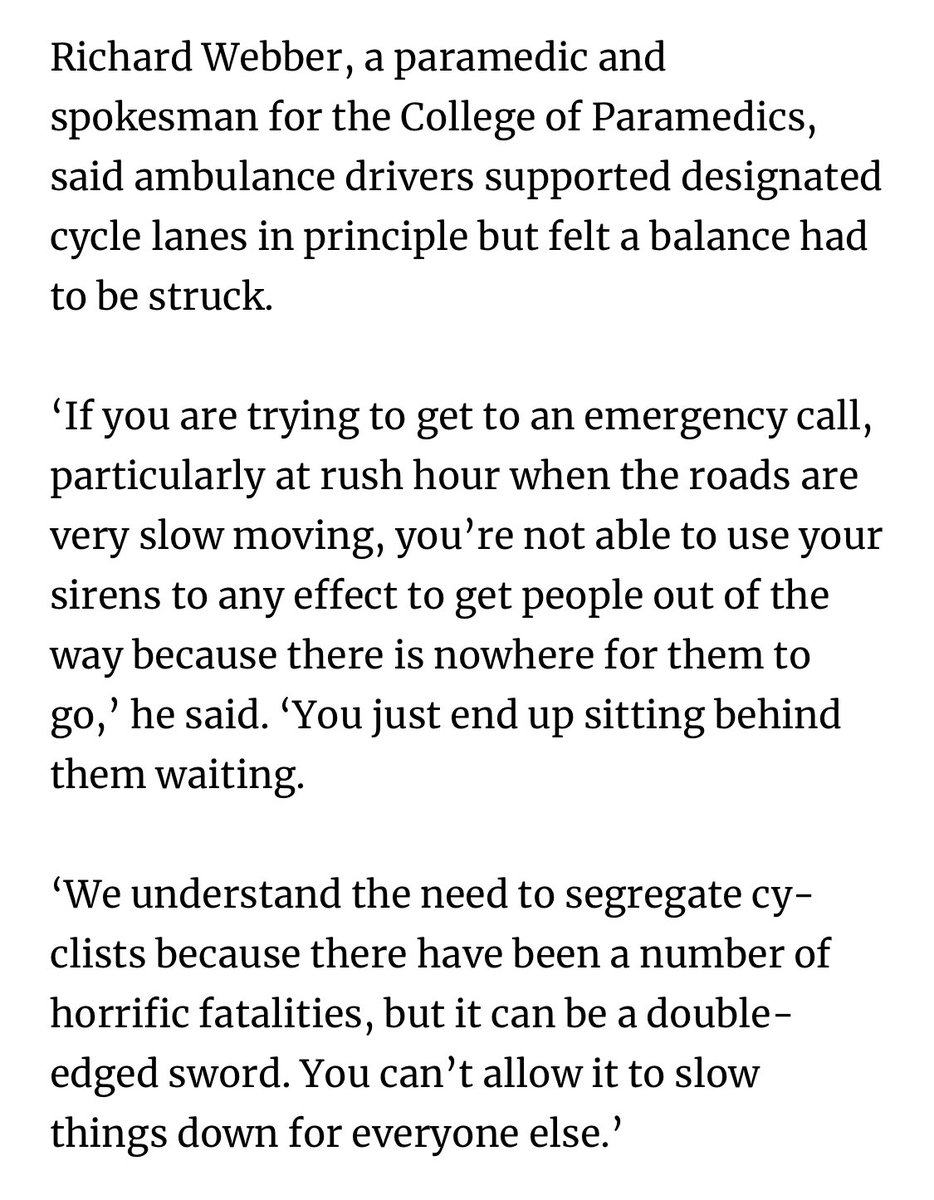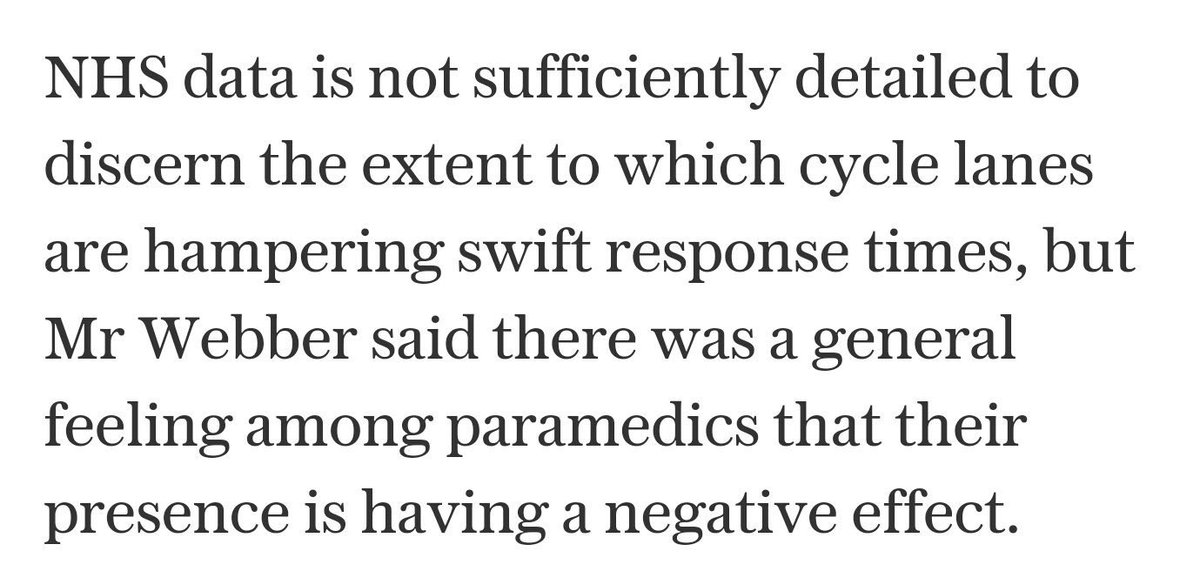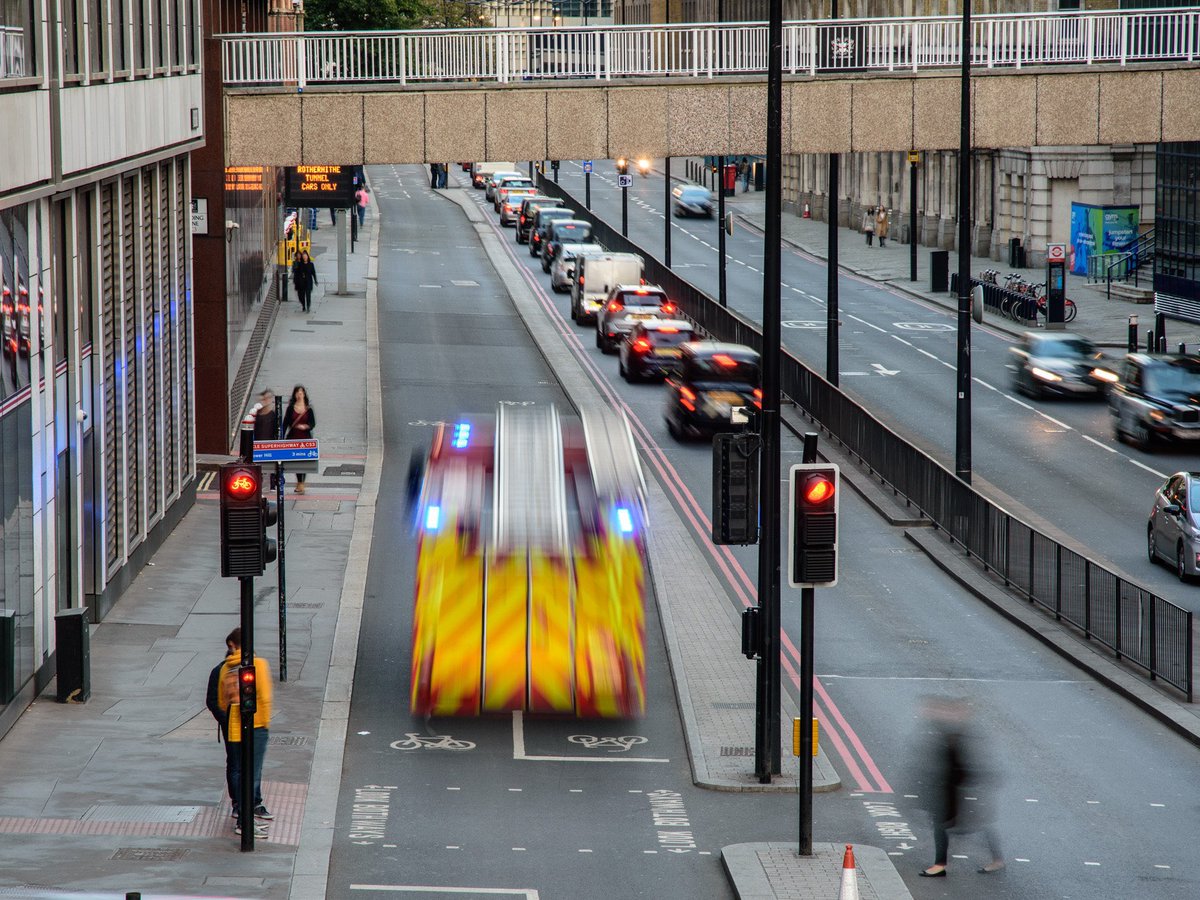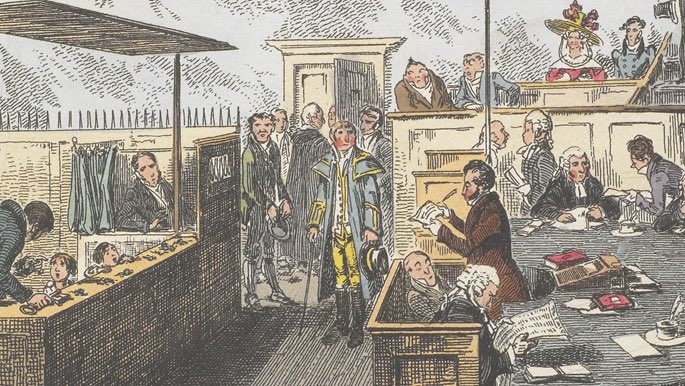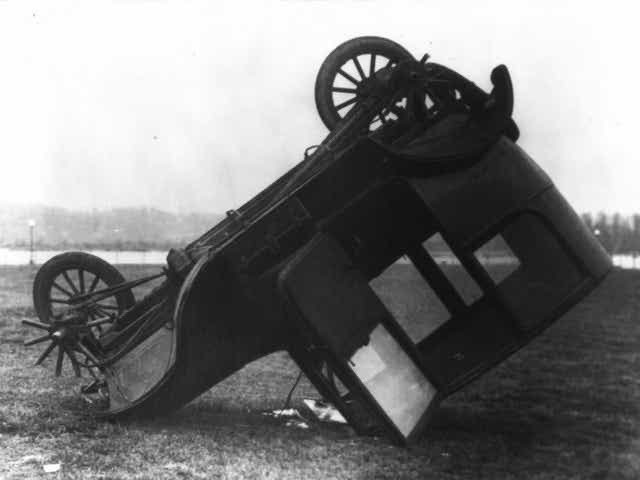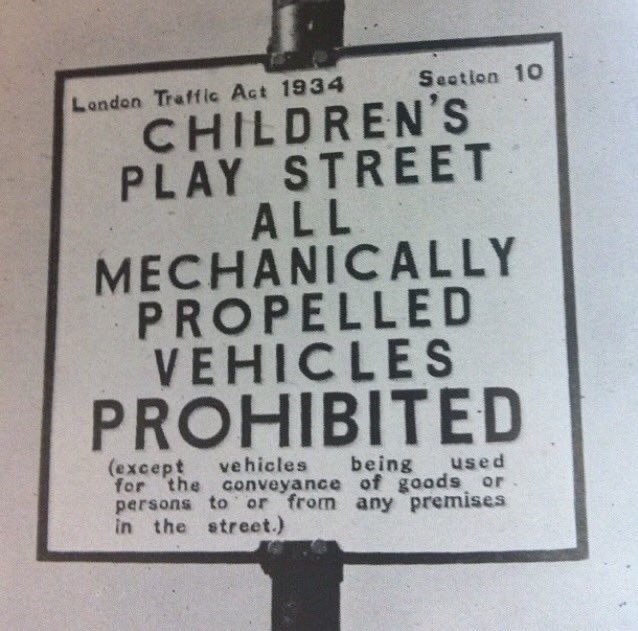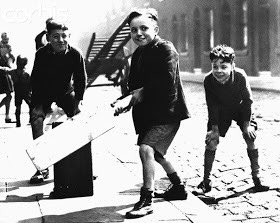
THREAD: The need to enable active travel is not going away. It will only become more urgent as we fail to meet climate + pollution targets.
Every major political party’s manifesto wanted more cycling infrastructure; now is the time to stop using it for hyperlocal point scoring.
Every major political party’s manifesto wanted more cycling infrastructure; now is the time to stop using it for hyperlocal point scoring.
What’s more, the majority of people support it. Polls show 77% think more cycling would decrease congestion. Two thirds support road space reallocation for active travel.
Regardless of politic persuasion, people are more and more concerned about the environment.
Regardless of politic persuasion, people are more and more concerned about the environment.
A narrative of a “war on cars” or that cycle lanes somehow cause pollution is so incredibly niche that politicians on all sides risk alienating the lion’s share of normal voters with such vitriolic language. While forgetting that most people would enjoy cycling safely. 

People aged 60+ are most likely to own a car and use it most frequently. That makes sense, they grew up in the height of car-focused transport. But politicians are missing whole generations of people who now feel much more in tune with the environment and their local area.
This poll, as one example I found, is from the West Midlands by Liam Byrne MP on policy focuses. The environment is high up on the agenda, as is the sense of community and cleaner air in the word cloud. 

Local politicians, of all parties, trying to form some sort of non-existent culture war risk going up against vast swathes of normal people who want to do a normal, everyday and benign activity like riding a bike - without being vilified and used as a political pawn.
This will be especially true as people start to see how the areas who have had strong political will are benefiting. People know what good looks like. People pay to go to Center Parcs to have a 15-minute city.
The more we see this is possible here, the more people will want it.
The more we see this is possible here, the more people will want it.
“We’re not Amsterdam” and “That couldn’t happen here” will turn into “Have you seen what they’re doing over in that town? Why aren’t we getting that investment?”
Nobody comes back from the Netherlands and says “Yeah, I had a nice time but I wish there was more traffic.”
Nobody comes back from the Netherlands and says “Yeah, I had a nice time but I wish there was more traffic.”
• • •
Missing some Tweet in this thread? You can try to
force a refresh



